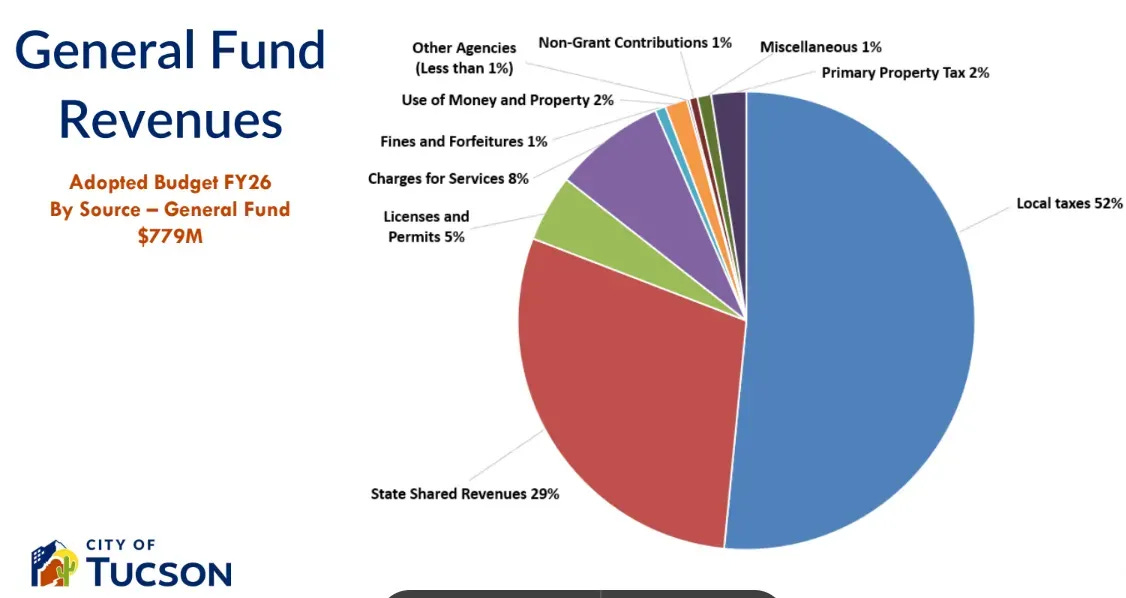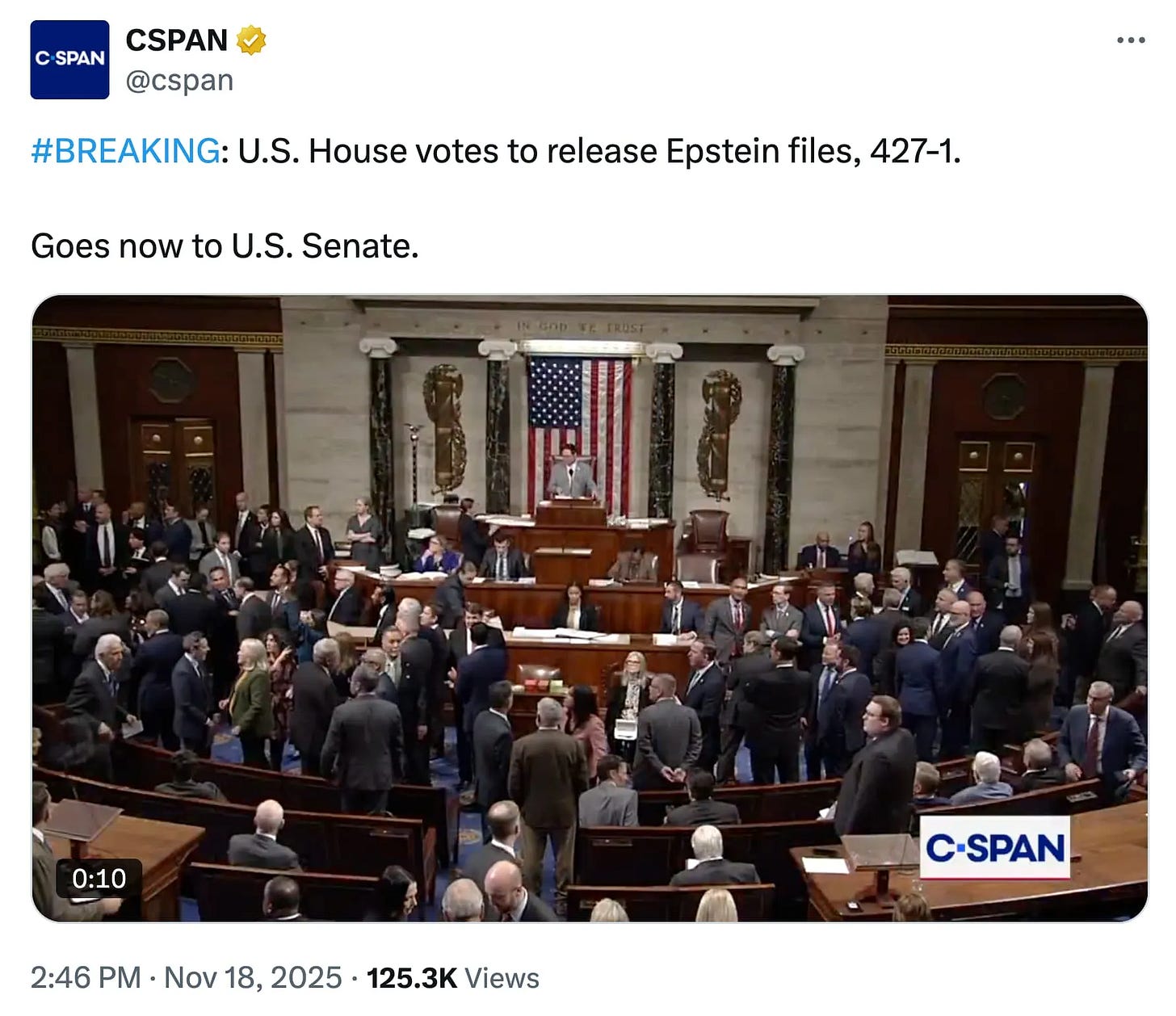How to fix Tucson: Housing edition
Budget crunch makes for tough choices … 100 acre woods … And were they jumping cows?
In the eight months since voters overwhelmingly rejected the half-cent sales tax known as Proposition 414, Tucson officials have been hit with even more bad news.
They’re expecting to see a $40 million drop in revenues in the next fiscal year, which means they’ll have to make some tough choices about what to cut and what to keep.
To their credit, they’re not just delivering heavy-handed decisions from the Tucson City Council chambers. They’re making their case to residents and asking for feedback at issue-focused forums.
Several dozen residents came to one of those forums at the Ward 2 office Monday night to give their two cents about the city’s future.
The unofficial Eastside City Hall was filled with high-ranking department directors, a deputy police chief and two members of the city council — Paul Cunningham and Nikki Lee.
While the official topic was housing, the underlying subtext was the city’s budget and how resources were stretched thin.
City officials spent more than half an hour detailing public services the city offers, the funding sources and the current budget realities tied to federal funding.
That’s a perfect setup for making an ask, but that shoe never dropped. No one suggested a new half-cent sales tax, increased fees or used scare tactics about cuts in services.
So what is so remarkable about a meeting reminiscent of a budget time-share presentation?
City officials are going into minute detail about the $2.4 billion budget and how it’s tied to housing. And you can be a part of the decision-making process.
Do you want more investment in permanent housing for unsheltered people? Should city officials allow duplexes in more areas of Tucson? Do you just want to better understand how city officials plan to deal with housing problems?
Although Monday’s forum is over, the city is hosting two more housing forums. One is slated for today at the Donna Liggins Center at 6 p.m., and another is planned for the Randolph Center on Friday at noon.
Public housing challenges
A key piece of information to keep in mind as you think about housing in Tucson is that there’s not enough of it.
The city will need an additional 35,000 new housing units over the next decade, Ann Chanecka, the city’s director of Housing and Community Development, said on Monday.
She pointed to another obstacle to keeping housing affordable in the city: Rent is getting more expensive.
Rents have gone up 66% over the past few years, she said, but incomes have only gone up by 26%.
Not only is that a burden on individual Tucsonans, but the spike in rent also dilutes the effect of the $66 million in federal grants the city uses to pay for Section 8 vouchers. That means the city can offer fewer overall vouchers to people who need them.
On top of all that, many of the city’s public housing units are old and need some work.
The city has approximately 1,500 aging public housing units in need of repair, Chanecka said. To pay for renovations, the city is planning to sell some single-family homes it owns that have fallen into deep disrepair.
Homeless challenges
Since 2021, the city’s Housing First program has housed a total of 1,553 people, moving them off the streets and into supportive housing.
On Monday, Brandi Champion, the city’s community safety program director, explained the city’s low-barrier shelters for unhoused people, which include managing one shelter directly and overseeing four others.
The program also provides navigation from streets to permanent housing through case management.
Champion also talked about citywide efforts to provide non-police responses to behavioral health and social service needs, like coordinating teams that connect residents in crisis to resources.
Staffing still strained at TPD
The Tucson Police Department, which is often the first contact with unhoused people, currently has a total of 1,223 employees.
That includes about 400 patrol officers who handle roughly 300,000 contacts every year from 911 calls.
Police Chief Chad Kasmar, who was not at Monday night’s meeting, has said patrol officers struggle to meet staffing targets, especially when officers are out for long periods of time, such as acute medical leave or vacations.
The police department is one of the single largest departments in the city, accounting for a large portion of the city’s general fund.
The department faces a unique fentanyl crisis affecting calls citywide, as the highly addictive drug’s low price makes it a cheap alternative to even alcohol.
As we’ve mentioned before, Kasmar and others are concerned that there is a revolving door with fentanyl-related crimes, saying that the Pima County Attorney’s Office is not prosecuting enough people caught using fentanyl in public.
The city council is considering a new ordinance to let the Tucson City Attorney’s Office prosecute these crimes as a misdemeanor, bypassing the county attorney’s office.
TPD’s Mental Health Support Team has a 29-person staff that focuses specifically on connecting people in mental health or substance-use crises to resources. They collaborate closely with city partners and nonprofits to de-escalate acute issues — often avoiding putting them in jail.
How to create more housing
The city also doubled down on efforts to fast-track affordable housing developments.
Zoning reforms enable more accessory dwelling units (ADUs, or casitas). Plus, the city adopted new rules to encourage mixed-use and multi-family development along corridors, and a new class of “middle housing” (2–4 unit developments like duplexes) to diversify options for developers.
The department created a library of model plans for casitas for the public to review and created an affordable-housing fast-track permitting program that cuts down approval times to speed up delivery of needed units.
What else might work?
At any given moment, there are a series of efforts to re-evaluate how the city is handling the homelessness crisis.
Mayor Regina Romero wants to convince the Republican-controlled state Legislature to repeal preemption laws that prohibit municipalities from enacting rent controls. She specifically wants the ability to cap year-over-year increases in the price of rent.
The city is also aggressively pursuing grants, which has become a double-edged sword in the second administration of President Donald Trump.
The Trump administration has frozen and clawed back grant funds that were approved by either Congress or the Biden administration.
Even recent housing grants approved by the Trump administration are under renewed scrutiny. The U.S. Department of Housing and Urban Development announced new guidelines that are a radical departure from how they’ve been handled historically.
Now, the city’s Housing Department is bracing for a potential 30% reduction in funding for permanent supportive housing, with plans to shift some resources toward transitional housing, which provides up to six months of temporary housing.
The council is split on a new proposition, and Councilmember Kevin Dahl is floating a revised version of Proposition 414, which voters rejected this spring. It would have increased the sales tax to pay for more police and affordable housing.
Dahl wants to split it into two proposals so voters could ultimately decide between funding investments in the social safety net or first responders. Recent comments from Romero suggest she no longer supports another half-cent sales tax increase.
So the question is, as the council struggles with finances, what would you support?
Now’s your chance to make your voice heard. The city is listening and has more meetings planned.
But don’t worry if you can’t make it to any of this week’s meetings. We’ll keep pestering them with questions.
Speaking of questions, what would you like us to ask city officials about housing? Drop a comment and we’ll send it along to the people who have answers.
On Tuesday, city staff cleared out encampments at the 100 Acre Woods Bike Park with heavy equipment and several roll-off dumpsters.
But before the massive trucks and other equipment rolled in, city staffers spent months checking in with people living there, offering resources as an alternative to continuing camping just north of Davis-Monthan Air Force Base.
Tuesday was no different. An army of city officials went from campsite to campsite offering real options — a safe place to stay for the day, a bed in a homeless shelter, detox for those seeking help, or even a ride to reconnect with family — and any other resource to make sure no one is left without support.
The area was officially closed to complete work related to the 100 Acre Woods Bike Park.
Unofficially, the open-air homeless campsite posed a real risk of Proposition 312 claims. The voter-approved initiative lets residents sue the city over unenforced public nuisance laws.
Adding to her job description: Democratic U.S. Rep. Adelita Grjialva will sit on committees that deal with education and natural resources, House Democratic Leader Hakeem Jeffries announced Tuesday. Jeffries pointed to Grijalva’s experience serving on a school board, as well as her late father’s role as chair of the House Committee on Natural Resources.
All but unanimous: Both Grijalva and Republican Rep. Juan Ciscomani voted to force the release of the Epstein files on Tuesday. In fact, the only House member to vote against releasing the files was Republican Rep. Clay Higgins from Louisiana. Grijalva said she stood with the survivors and wanted to fulfill the public’s demand for answers, while Ciscomani said he supported transparency and his “number one concern is making sure that victims are protected.” Hours after the House vote, the Senate passed the bill by unanimous vote.
Nothing in the paperwork: Opponents of turning a prison in Marana into a detention facility for ICE will have a hard time coming up with legal hurdles. Marana town officials told the company that bought the prison, Management and Training Corp, that the property is already zoned appropriately for a prison and all that’s left is a business license, the Arizona Luminaria’s Yana Kunichoff reports. Oddly, MTC hasn’t applied for the license, or much of anything in recent months.
That’s a lot of money: Arizona Stadium is now Casino del Sol Stadium, Arizona Public Media’s Laura Holanszky reports. The University of Arizona signed a deal with Casino del Sol for naming rights over the next 20 years. At $60 million, it’s the largest such agreement in the history of the Big 12 Conference.
Someday, it’ll be called “Tucson Agenda Stadium.” Subscribe today and we won’t forget about you when we’re big time.
School’s out: Amphitheater Unified School District plans to close four elementary schools next year, the Arizona Daily Star reports. The schools in question are Copper Creek, Donaldson, Nash and Holaway elementary schools. District officials cited a drop in enrollment and the ensuing drop in funding as the reason to close the schools. The district plans to hold a community meeting tonight and again on Thursday and Friday.
“These recommendations weigh heavily on my heart, as I know they do on yours. And yet, despite these challenges, Amphitheater remains strong,” Superintendent Todd Jaeger said. “Together, we will take thoughtful, decisive actions that protect what matters most: exceptional teaching, thriving school communities, and the well-being of every student”
Today’s edition of the Tucson Agenda is sponsored by Education Forward Arizona. To sponsor an edition, get in touch.
Arizona Literacy Plan 2030: Leadership in Action
Join Education Forward Arizona on Tuesday, December 9, for their next virtual Education Power Hour — an in-depth look at the Arizona Literacy Plan 2030 and how communities around the state are helping kids build stronger reading skills.
The plan outlines key drivers, proven strategies, and actions designed to improve school readiness and third-grade reading outcomes statewide.
Attendees will hear from an expert guest panel of classroom educators, school and county leaders, and statewide literacy experts from the Arizona Department of Education, Read On Arizona, the Arizona State Board of Education, Imagine Schools, and the Yavapai County Education Service Agency. Guest presenters include Terri Clark, Sean Ross, Linda Burrows, Lori Masseur, Steve King, Joy Bruner, and Stephanie Hall-Zurek.
Attendees will walk away with insights on what’s working, what’s ahead, and actionable steps to champion literacy in their schools and communities.
U.S. Treasury Secretary Scott Bessent told Fox News that high beef prices are the fault of undocumented “immigrants… with diseased cows.”
This guy thinks immigrants are bringing cattle with them when they cross the border? That’s absurd.
As for the diseased cows, the screwworm parasite did trigger a brief pause on some beef imports back in May — but cattle from Mexico make up about 1% of what Americans eat.
Experts say U.S. cattle herds are at a 70-year low, which is what’s actually causing the high prices.
You’d think the Treasury Secretary might know that before blaming border-fence jumping cows.










Why doesn't the city impose a massive tax on homeowners who do not live in the house? After all, a place to live should be the primary reason a house is purchased.
There is plenty of evidence that investors, private equity, hedge funds, etc., have played a significant role in driving up the cost of housing. Only those who will live in a home should be able to purchase the house.
I’m hoping the city does try to pass a multi-part proposition again, but I do wonder why they are considering an increase of the sales tax to fund it. I personally am more than happy to pay a few more cents for my stop at the coffee shop, but Tucsonans living in poverty and enduring all of the cuts to our social safety net can’t afford to lose that year over year (especially with cost of housing increasing and wages stagnating). I seem to remember that the city promoted a series of potential other tax revenue options, one of which was an adverising tax, but I can’t remember what all they were. As an alternative, wonder if increasing the local property tax based on income (households earning $150,000 and less could be exempt, for example) could be used to fund public safety/ first responder needs. Also, I’d imagine this is already being done, but I wonder if council is approaching the private sector at all to solicit donations for TPD and/or TFD funding. This may be a bit misguided or wishful on my end, but I’d think that some of the corporate entities in our region might be open to donating a large sum to say they made it possible to hire more police and firefighters. Granted, that funding, unless it’s some sort of endowment, could dry up and create a budgetary issue in the future.